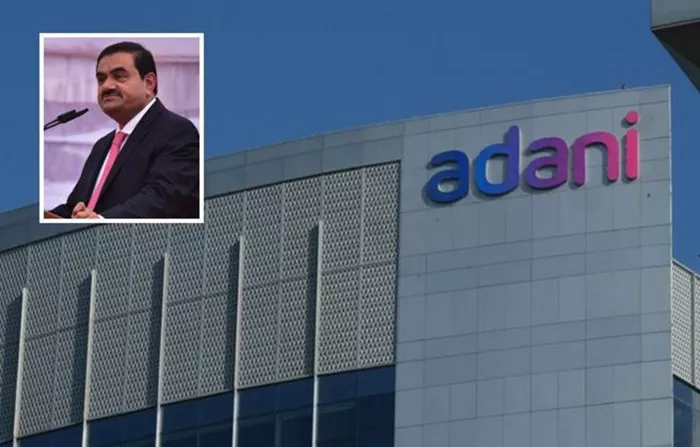In a strategic move to bolster India’s semiconductor manufacturing capabilities, the Adani Group, led by billionaire Gautam Adani, has unveiled plans to build a cutting-edge semiconductor fabrication plant in partnership with Israel’s Tower Semiconductor Ltd. This ambitious project underscores the growing significance of semiconductors in the global technological landscape and India’s role in it.
Investment and Location
The new semiconductor facility, set to be established in Taloja, near Mumbai, will involve a substantial investment of $10 billion. Maharashtra’s Deputy Chief Minister, Devendra Fadnavis, announced the details in a post on X on Thursday, highlighting the approval of various projects in the region.
Production Capacity and Timeline
The plant will initially have a production capacity of 40,000 wafers, expanding to 80,000 wafers in subsequent phases. Although Fadnavis did not specify a timeline for the project’s completion, it is expected to be operational within the next three to five years, according to sources familiar with the planning.
Funding and Use of Chips
The Adani Group plans to finance the project mainly through internal resources, with additional funding from debt. The chips manufactured at the facility will be used in various applications, including drones, automobiles, smartphones, and other mobility solutions.
Adani Group’s Strategic Expansion
This latest venture marks a significant expansion for the Adani Group, which has been recovering from a critical short-seller attack last year. The initiative aligns with Indian Prime Minister Narendra Modi’s objective to position India as a technological powerhouse, attract global semiconductor manufacturers, and reduce reliance on expensive imports.
Global Context and Tower Semiconductor
The semiconductor industry has become increasingly vital amid rising global tensions, particularly between the US and China. Countries are investing heavily in domestic production capabilities to mitigate import risks. For Tower Semiconductor, this partnership offers a crucial entry into a growing market, particularly after its failed acquisition bid by Intel Corp.
Tower Semiconductor’s Market Position
Although Tower Semiconductor’s revenues are relatively modest compared to major players like Intel and Taiwan Semiconductor Manufacturing Co., it supplies components to significant clients such as Broadcom Inc. and supports emerging sectors like electric vehicles.
Comparison with Tata Group’s Initiative
Adani’s project follows a similar initiative by the Tata Group, which is also entering India’s semiconductor sector. Tata’s $11 billion chip fabrication plant in Dholera, Gujarat, will produce 50,000 “mature” chips using 40-nanometer technology or older, essential for various applications including consumer electronics and defense systems.
Government Efforts and Investments
India’s commitment to enhancing its semiconductor industry is evident from the $21 billion in proposals received to boost national chipmaking capabilities. Earlier this year, over $15 billion in investments for chipmaking plants were announced, and the Indian government has established a $10 billion fund to attract semiconductor manufacturers, already facilitating Micron Technology Inc.’s $2.75 billion assembly plant in Gujarat.
Conclusion
The establishment of the semiconductor plant by the Adani Group and Tower Semiconductor is a significant milestone in India’s efforts to become a global technology hub. This development not only reflects the growing importance of semiconductors in the global economy but also positions India as a key player in the semiconductor manufacturing sector. As the country continues to invest in and attract major technology players, it strengthens its position in the global technology landscape.
Related Topics:

